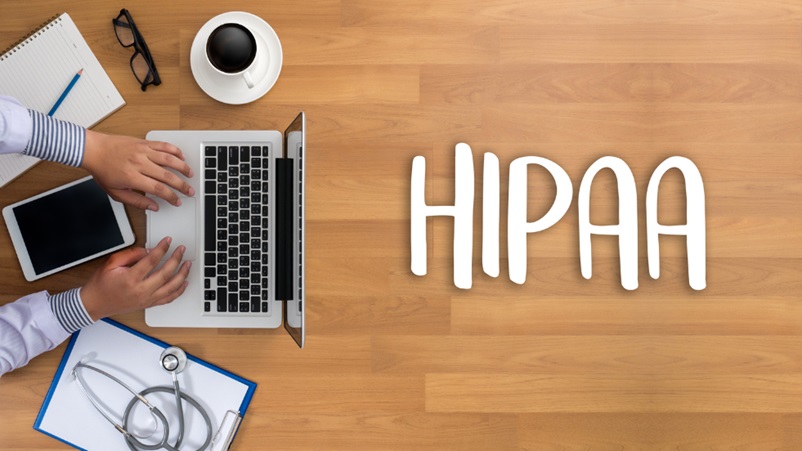In today’s digital landscape, safeguarding sensitive patient information is paramount for healthcare practices. As such, the use of HIPAA compliant software is essential for maintaining the integrity and confidentiality of health records. This software not only helps practices comply with the strict regulations set by the Health Insurance Portability and Accountability Act (HIPAA) but also protects patient data from cyber threats. In this article, we will delve into the importance of HIPAA-compliant software for small and medium-sized practices.
Ensures Compliance with HIPAA Regulations
HIPAA regulations safeguard the privacy and security of sensitive patient data, known as Protected Health Information (PHI). Failure to comply with these rules can lead to substantial fines and harm a practice’s reputation. HIPAA-compliant software aids practices in upholding these standards through secure data storage, access controls, and routine risk assessments.
Enhances Patient Trust
Patients trust healthcare providers with their sensitive information, which is why it is important for practices to demonstrate a commitment to safeguarding their data. By utilizing HIPAA-compliant software, practices show a dedication to compliance with and protection for PHI. This can increase patient trust and satisfaction, leading to better relationships with patients.
Cost-Effective Solution
Contrary to popular belief, HIPAA-compliant software is not just for large organizations with big budgets. There are various affordable options available for small and medium-sized practices that provide all the necessary features for compliance. By investing in this software, practices can avoid expensive fines and penalties for non-compliance, making it a cost-effective solution in the long run.
Conclusion
Understanding the features HIPAA compliant software must have can be extremely helpful in selecting the right software for your practice. Some key features to look for include data encryption, access controls, regular risk assessments, and EHR management. By implementing HIPAA-compliant software, practices can ensure compliance with regulations, protect against data breaches, increase efficiency and productivity, enhance patient trust, and ultimately save costs in the long run.
Frequently Asked Questions
What is HIPAA-compliant software?
HIPAA-compliant software refers to technology solutions that meet the requirements of the Health Insurance Portability and Accountability Act (HIPAA), ensuring the security and confidentiality of patient information. For more insights on HIPAA compliance software, you may check out this blog.
How does HIPAA-compliant software protect patient data?
The software utilizes a range of security protocols to prevent unauthorized access and data breaches, ensuring the protection of sensitive patient information.









